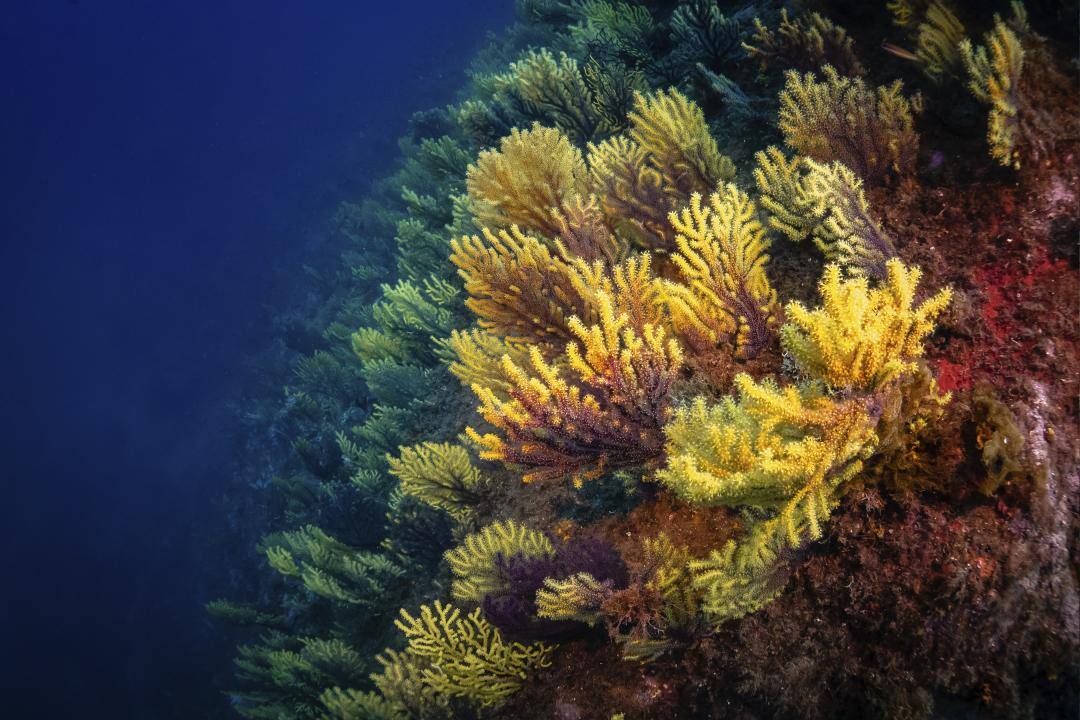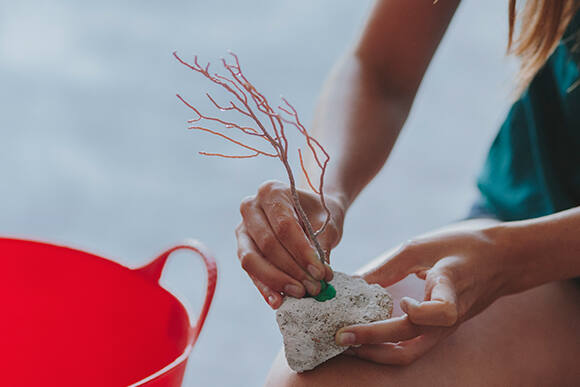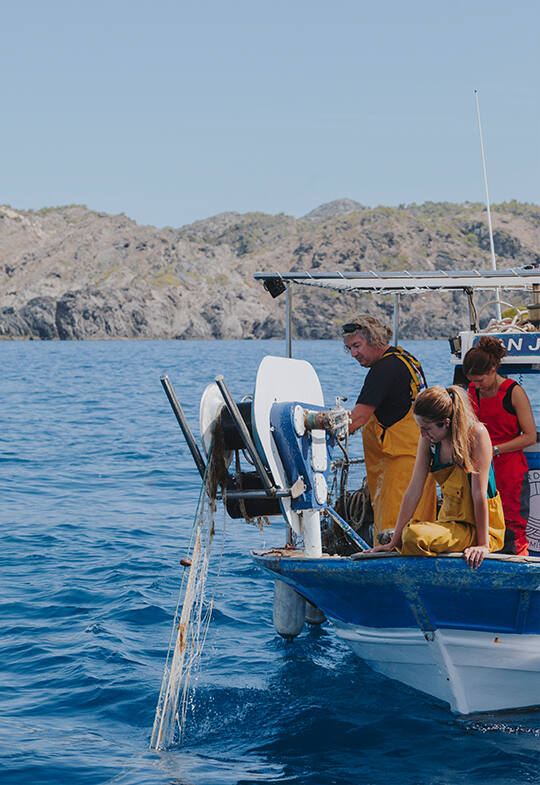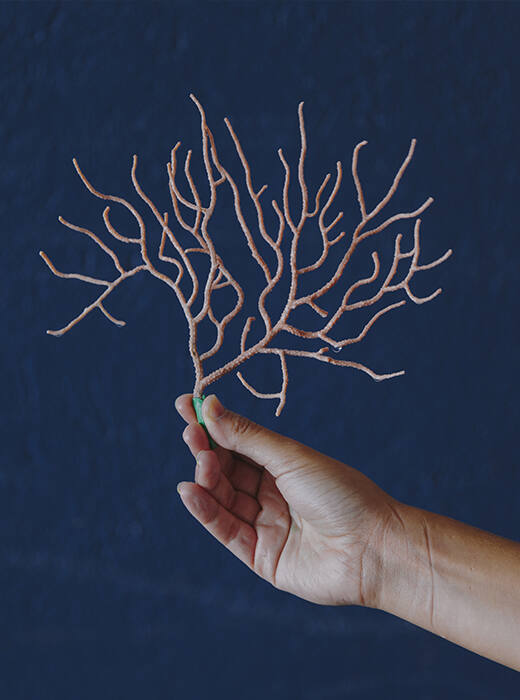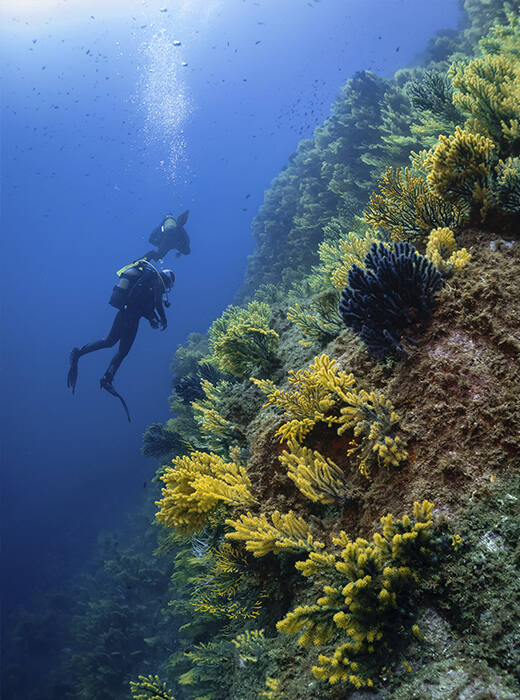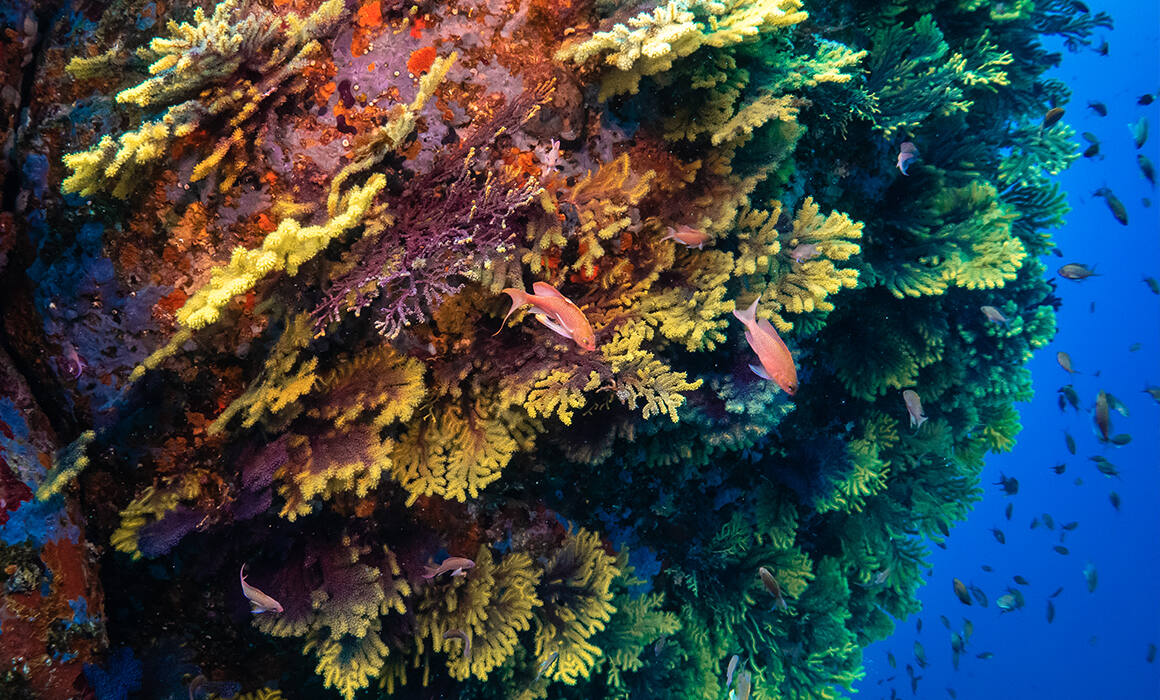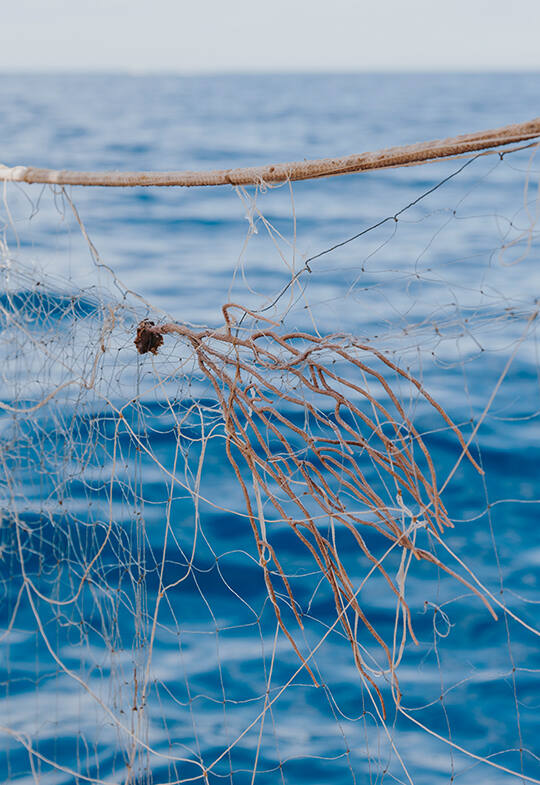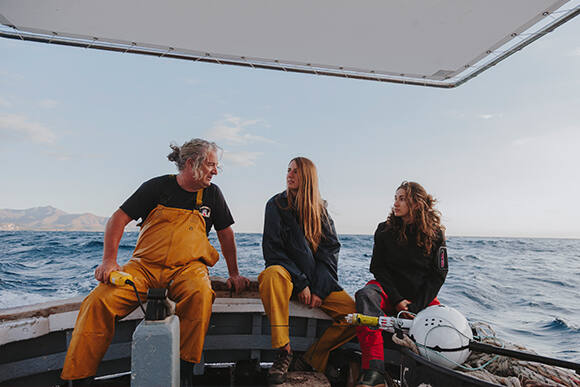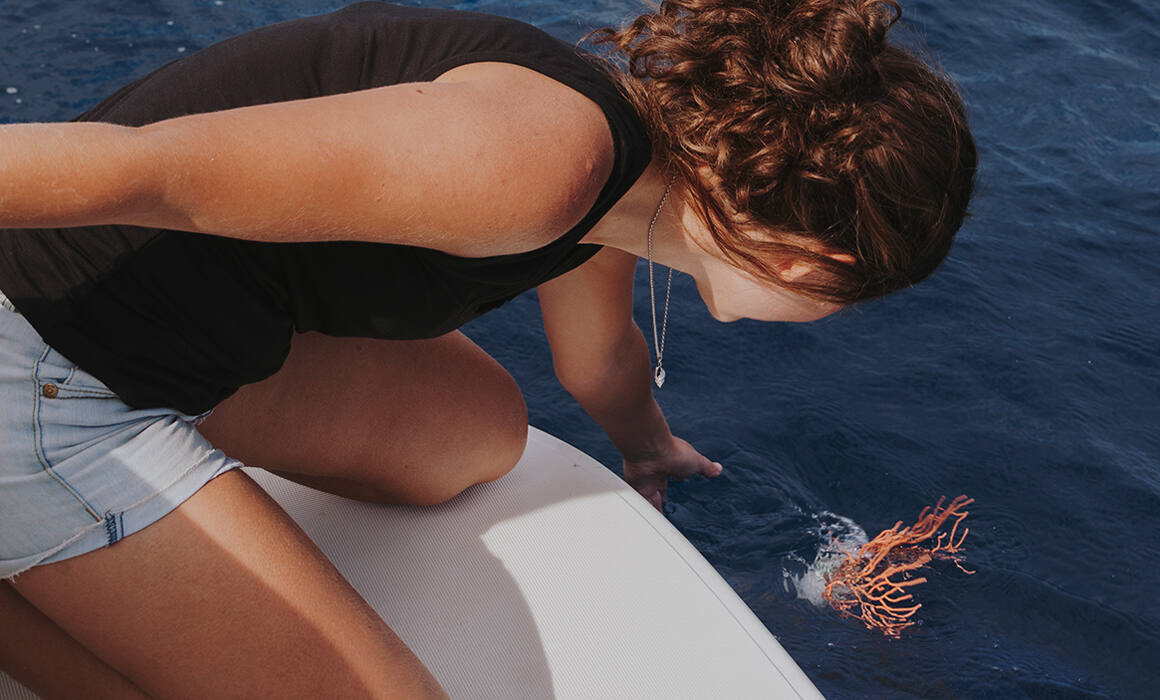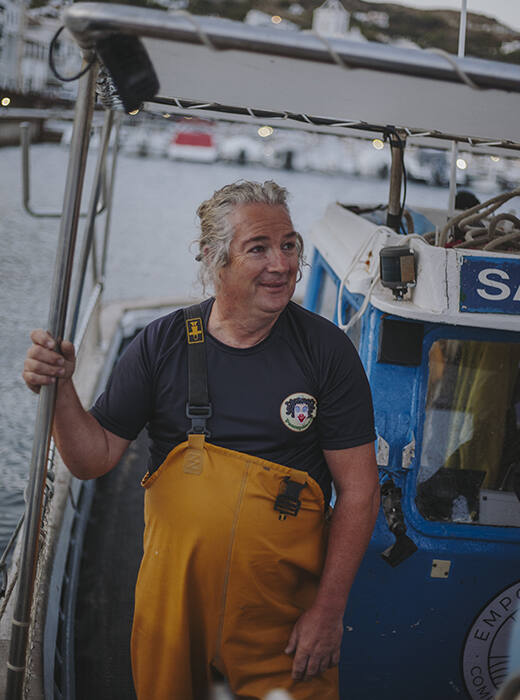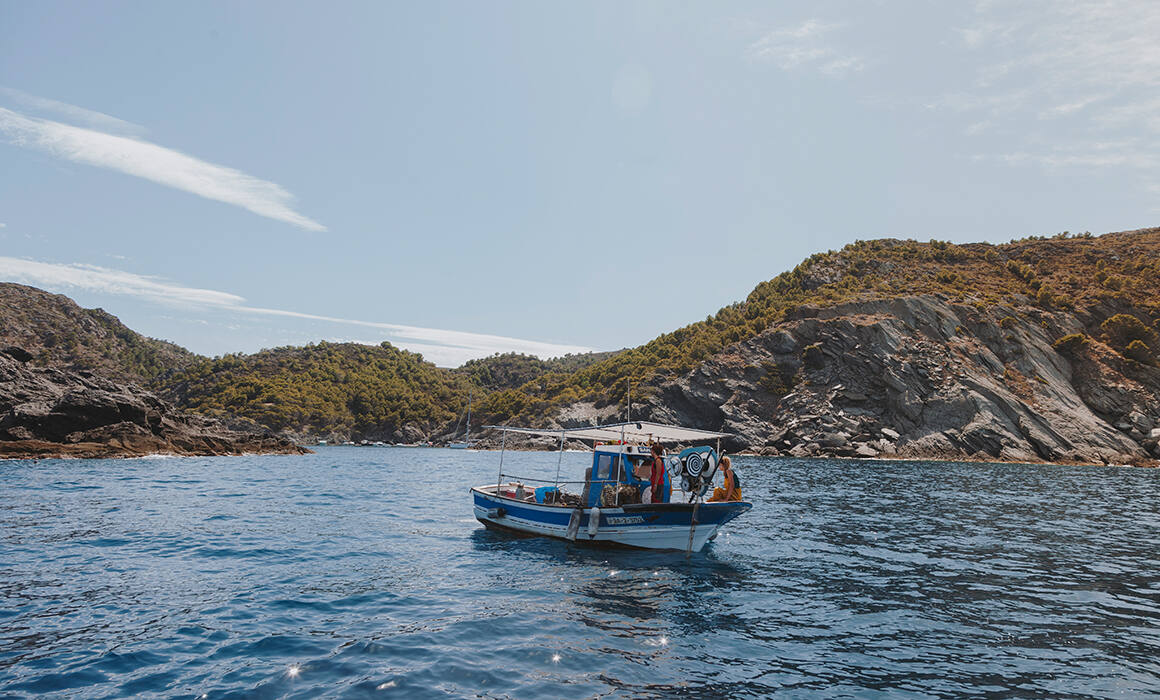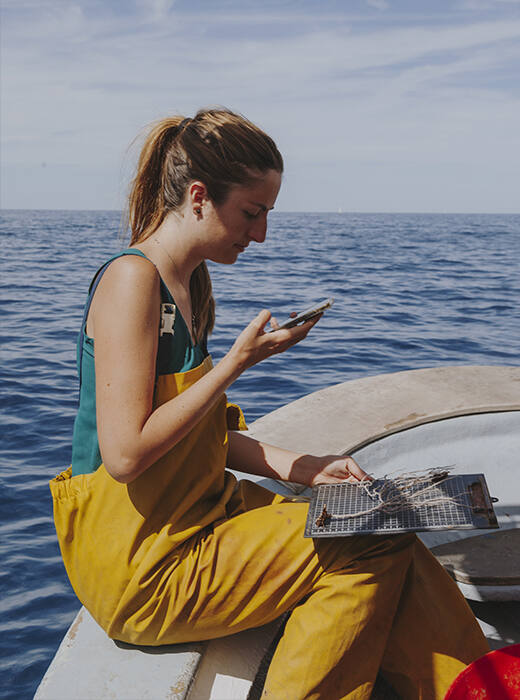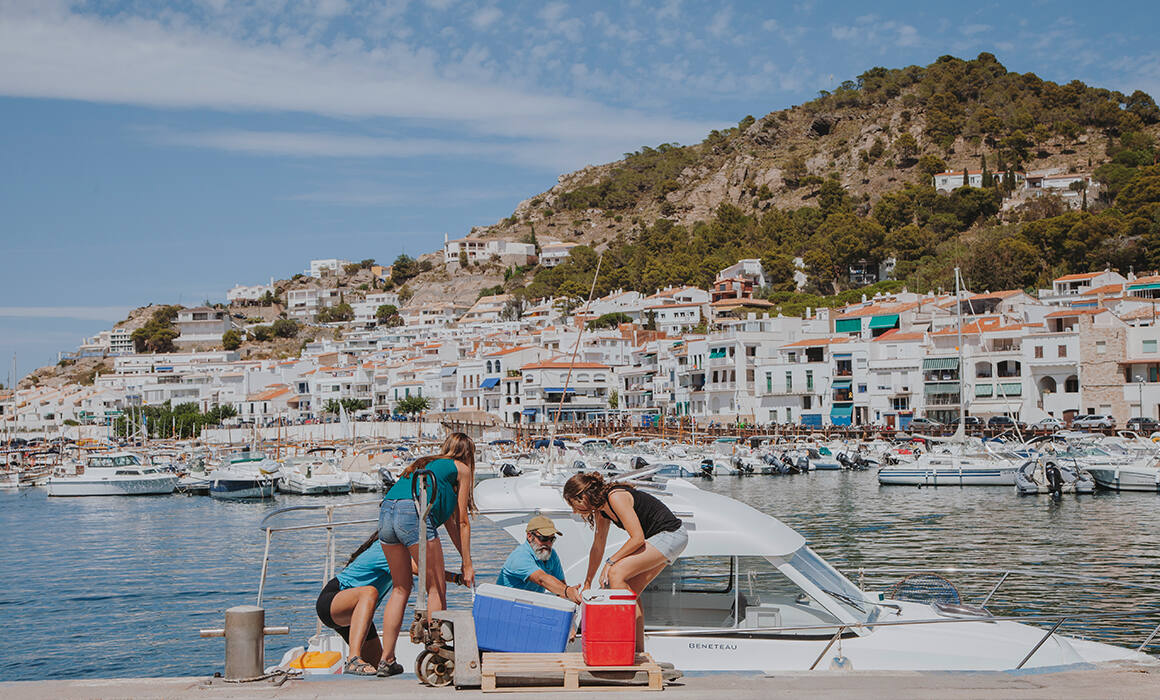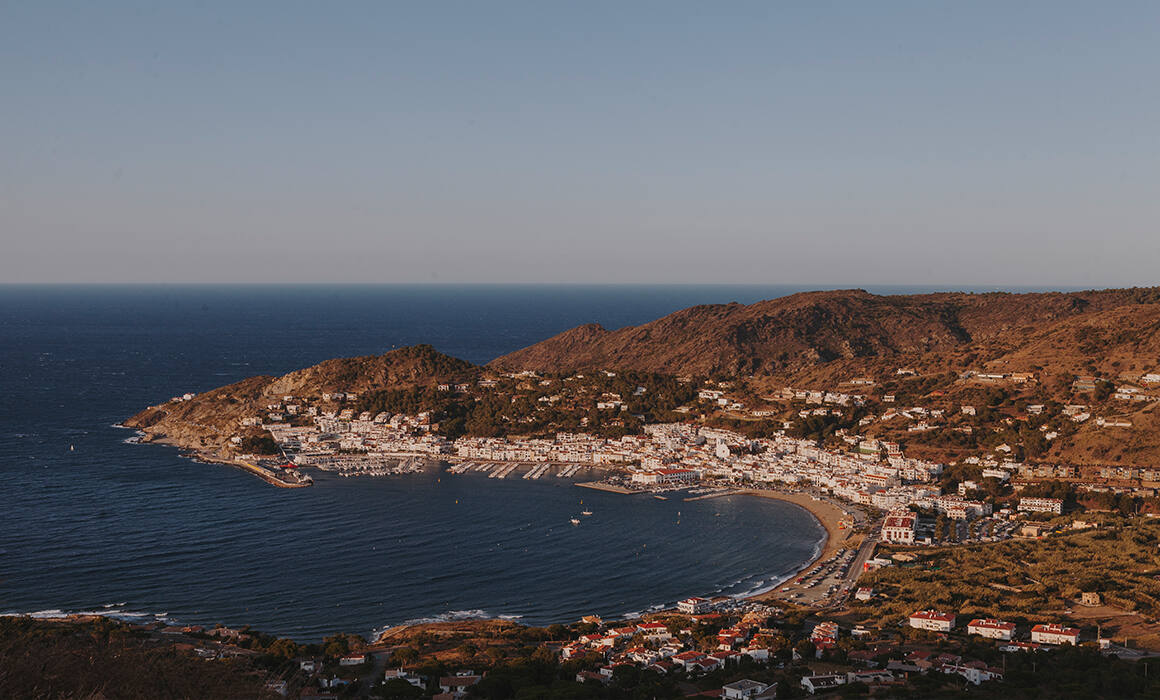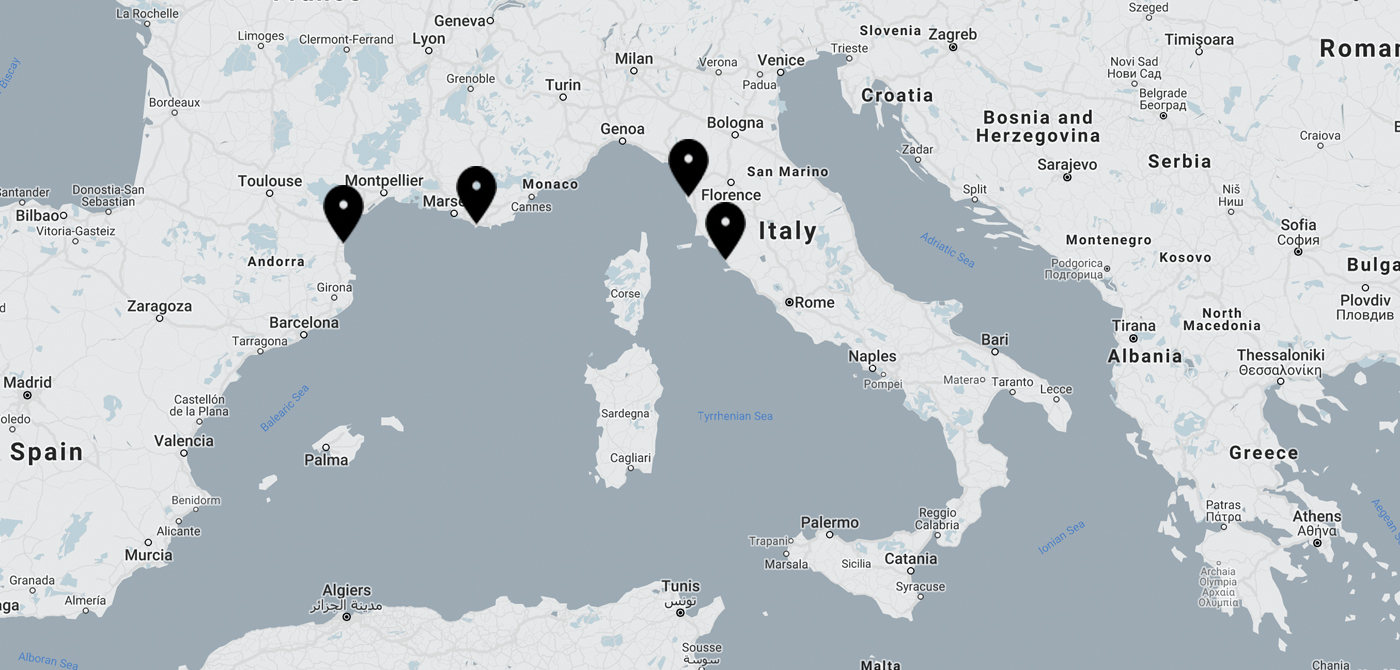Gorgonias are organisms that make up entire underwater forests: areas in which many other species go to shelter, breed and grow. Mediterranean gorgonias currently suffer the daily impact of traditional fishing methods like gillnets. And like in any other forest, if the elements that make it up are not protected, the wildlife that it harbours will disappear. The ResCap project, which is carried out by ICM – CSIC, Fundación Biodiversidad and the fishermen’s associations of Port de la Selva and Cadaqués, aims to protect and recover all deep-sea gorgonias found in the Cap de Creus Natural Park.

